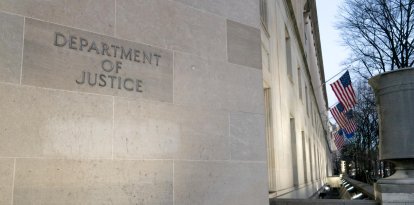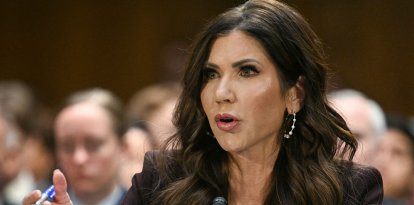New Idaho law bans transgender students from using bathrooms different from their biological gender
The legislation states that minors may suffer psychological harm from sharing private spaces with persons of the opposite gender.

(Pexels- Tim Mossholder)
Idaho Governor Brad Little signed a bill into law to ban transgender public school students from using bathrooms that do not match the gender they were born with.
The Senate's legislative proposal that will come into effect on July 1 establishes that public educational institutions must provide separate restrooms, showers, locker rooms and/or accommodations (if any) for males and females, and that in the event that a student encounters someone of the opposite sex in one of these spaces, legal action will be taken. This is provided that it was the school that gave permission for certain students to use the facilities of a sex other than their own.
It should be noted that these restrictions do not apply if the restrooms or private spaces are single occupancy. The legislative proposal also requests that reasonable accommodations be made for those students who are unwilling or unable to use multiple occupancy spaces.
"Requiring students to share restrooms and changing facilities with members of the opposite biological sex generates potential embarrassment, shame, and psychological injury to students, as well as increasing the likelihood of sexual assault, molestation, rape, voyeurism, and exhibitionism" the law states.
Students who are successful with their claims could even receive up to $5,000 from the corresponding public school system.
"The most important part of this legislation was to recognize the rights of everyone," said Republican State Representative Ted Hill, who noted that the law recognizes the rights of girls and boys to be safe, protected and comfortable "in a place where they are most vulnerable."
Arkansas also took a similar step
At the beginning of this month the state of Arkansas also approved a legislative proposal for prohibiting transgender people from using restrooms that do not correspond to the gender they were born with and would also allow legal action to be taken if a minor uses the bathroom or locker room of the opposite sex.
























